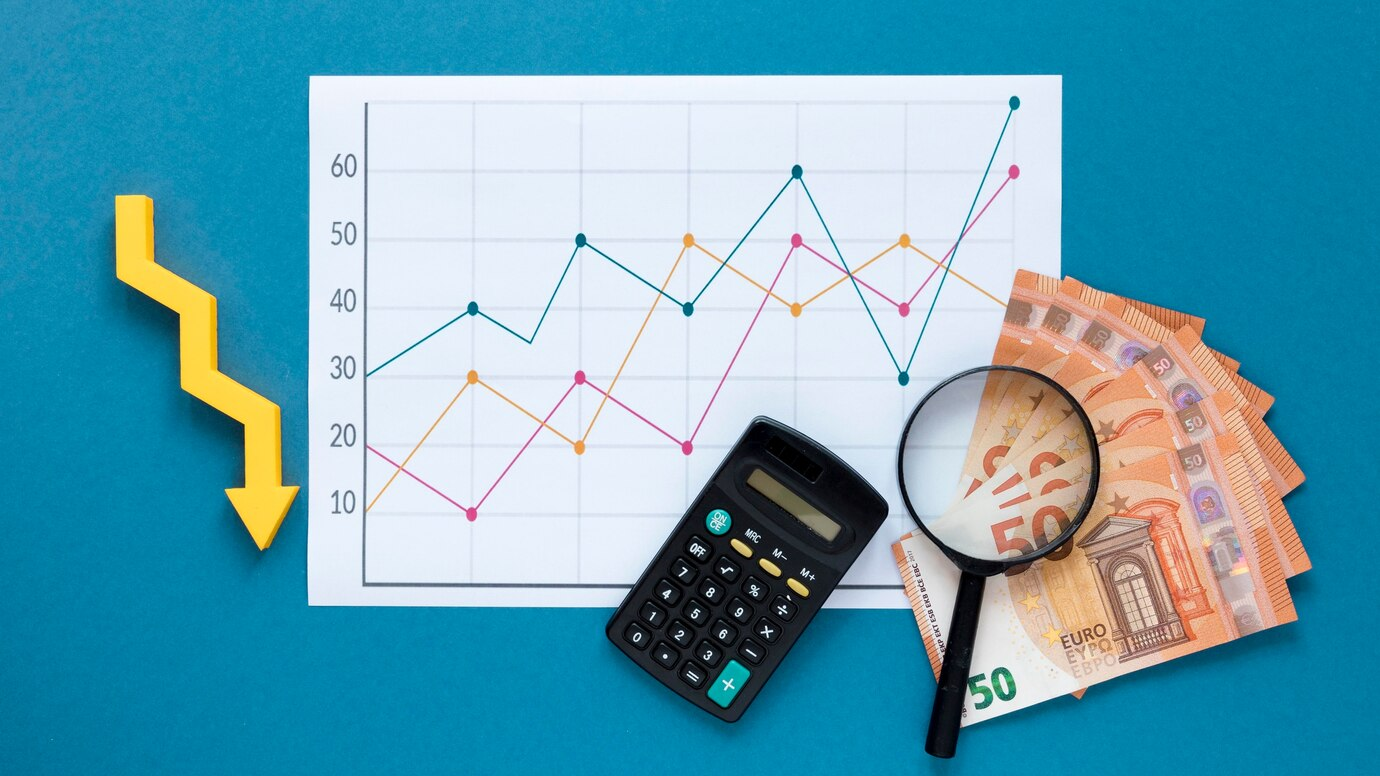
Behavioral economics has become a game-changer in the modern business landscape, challenging traditional economic theories that assume consumers make purely rational decisions. Instead, behavioral economics highlights how psychological, emotional, and social factors influence buying behaviors. This field is particularly relevant today as companies seek deeper insights into their customers’ needs and preferences to stay competitive.
At its core, behavioral economics combines elements of economics, psychology, and sociology to understand the decision-making process. Concepts like “loss aversion,” where individuals fear losses more than they value equivalent gains, and “anchoring,” where people rely heavily on initial information to make subsequent decisions, are shaping marketing strategies worldwide. For instance, online retailers use anchoring by presenting higher-priced items first to make subsequent options seem like better deals.
In addition, the power of choice architecture—a concept introduced by Nobel laureates Richard Thaler and Cass Sunstein—has transformed how businesses design customer experiences. By organizing options in ways that nudge consumers toward desired behaviors, businesses can boost customer satisfaction and sales. An example of this is subscription services that make the default option auto-renewal, capitalizing on consumers’ tendency to stick with the status quo.
Behavioral economics also plays a significant role in financial services. Banks and investment firms utilize insights from this discipline to encourage healthier financial habits, such as saving more or avoiding impulsive spending. Simple interventions, like labeling accounts as “vacation savings” or “emergency funds,” make goals more tangible, increasing the likelihood of adherence.
Moreover, the integration of behavioral economics into digital marketing has redefined how brands connect with their audience. Personalized recommendations based on consumer browsing history or behavioral data are prime examples of leveraging this science. Social proof, another critical concept, encourages consumers to act based on the actions of others, as seen in product reviews or “best-seller” tags on e-commerce platforms.
The future of behavioral economics in business decisions is promising, as advances in artificial intelligence (AI) and data analytics provide even deeper insights into consumer behavior. AI algorithms can analyze vast datasets to predict customer actions, enabling companies to craft hyper-personalized marketing campaigns.
Businesses that embrace behavioral economics not only achieve higher sales but also foster stronger customer relationships by aligning their strategies with human nature. The question for companies today isn’t whether they should incorporate behavioral economics, but how effectively they can harness its potential to stay ahead in a competitive market.
